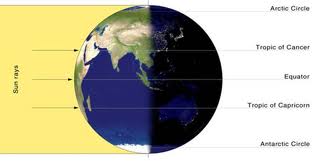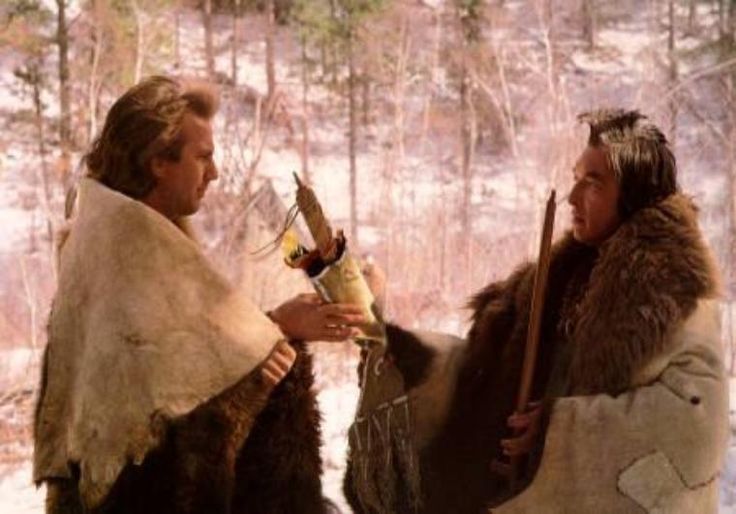What can we learn from a Starling Murmation?
Starling murmationOne of the great miracles of nature is a starling murmation. Have you ever seen one?
A flock of starlings moving as one through the sky in a tight formation is called a murmation.
My first glimpse of a murmation was a small flock over the Santa Monica Mountains, seen from my office window years ago.
At the time, I likened it to “turning practice” — they’d fly in one direction and then turn in unison to fly in another direction. Over and over and over.
I didn’t get much else done that morning. I hadn’t yet heard of murmations. And didn’t see it again until I came upon this video captured by wildlife photographer Dylan Winter.
It turns out that murmations can range from a small group of a few hundred starlings, to millions of starlings blocking out the sun.
And there is much we can learn from them.
Why the Spring Equinox is a tool for growth
This year the spring equinox in the Northern Hemisphere is Thursday March 20, at 16:57 UTC [coordinated universal time].
It’s a day of equal balance of the hours of light and dark before the sun continues its journey towards longer daylight hours and warming temperatures.
The equinox energy is strong for four days before and after March 20th, giving us time to bask in the opportunities and lessons it brings.
THE SPRING EQUINOX IS NOT JUST ANOTHER DAY
Ancient cultures throughout history have celebrated this time of rebirth of Mother Earth. But what does it mean for us?
The earth is comprised of 70% water and, on average, so is the human body. That alone is a giant clue as to how interconnected we are.
What happens to the earth’s energy also happens within us, therefore we can experience more harmony if we work with the earth’s cycles instead of ignoring them. It’s not just another day.
Here are some of the aspects of the Spring Equinox and how we can incorporate it into our own lives to help us better communicate with the spiritual forces of the earth.
Do you keep your word? Or are you an “indian giver?”
Do you keep your word? Or are you an “Indian Giver?” Do you even know what that means?
When I was a child, the term “Indian giver” was thrown around as a derogatory term when someone gave something and then wanted it back.
At the time, I thought it meant that Native Americans used to do that: give gifts then take them back.
But I was wrong.



